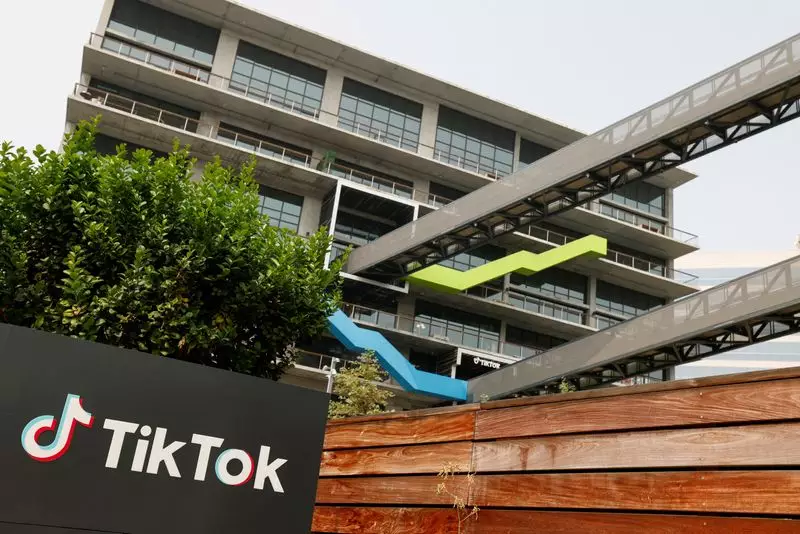In an unexpected twist, President-elect Donald Trump has expressed a willingness to allow TikTok to continue its operations in the United States, citing the app’s significant role in his election campaign. Speaking to a supportive crowd in Phoenix, Arizona, Trump emphasized the staggering success his campaign enjoyed through the platform, claiming billions of views. This statement marks a pivotal moment as he appears to challenge the strict regulatory measures previously endorsed by Congress regarding TikTok’s ownership and its Chinese parent company, ByteDance.
Trump’s comments come against the backdrop of a vote from the U.S. Senate in April compelling ByteDance to divest TikTok, driven by escalating national security concerns. Many lawmakers argue that Chinese influence over the app poses a risk to the privacy and security of American users, given the potential for data harvesting. However, Trump’s remarks indicate a possible divergence from this prevailing sentiment, hinting at his prioritization of social media engagement over immediate national security threats.
The TikTok saga is not merely a political discussion; it has legal ramifications that are currently unfolding in the courts. Following the Senate’s decision to mandate the divestiture, ByteDance has sought to challenge the law, leading to an upcoming hearing by the U.S. Supreme Court. Should the court rule against ByteDance and the company fail to divest, TikTok could face a ban right before Trump officially assumes office on January 19.
What remains unclear is how Trump, who recently met with TikTok’s CEO, plans to navigate the complexities of these legal proceedings. His “warm spot” for the app, as he put it during a news conference, contrasts sharply with the government’s stance that TikTok could pose a substantial security threat. This dual approach raises questions about the integrity and consistency of policy while balancing political favor and public interest.
Trump’s fascination with TikTok does not signify unqualified support for the platform. The Justice Department has maintained that its control by a Chinese entity continues to spark legitimate concerns over national security, an argument that finds resonance among various legislators. On the other hand, TikTok asserts that the narrative surrounding its connections to China is misleading. The company claims that its algorithms and user data are handled domestically, stored securely on Oracle cloud servers, and that content decisions for American users are generated stateside.
This conflict reveals a broader dichotomy in the ongoing debate about technology, security, and user data’s role in modern governance. While Trump may appreciate TikTok’s political leverage, the looming national security narratives must still be addressed. The increasingly complicated intersections of technology, governance, and public opinion make for a challenging landscape as American policymakers seek to balance innovation with security.
Trump’s perspective on TikTok encapsulates the broader struggles of an administration poised between harnessing the power of social media and ensuring national security. As the clock ticks closer to the inauguration, his administration may need to act rapidly to redefine U.S. policies surrounding foreign-owned tech companies. The resolution of TikTok’s future may very well be a litmus test for Trump’s broader governance approach, blending populism, technology, and national interest in an era defined by digital engagement.

